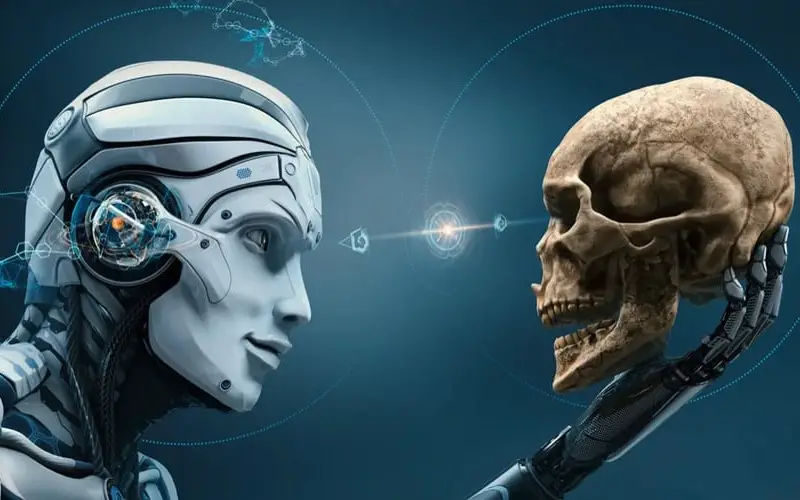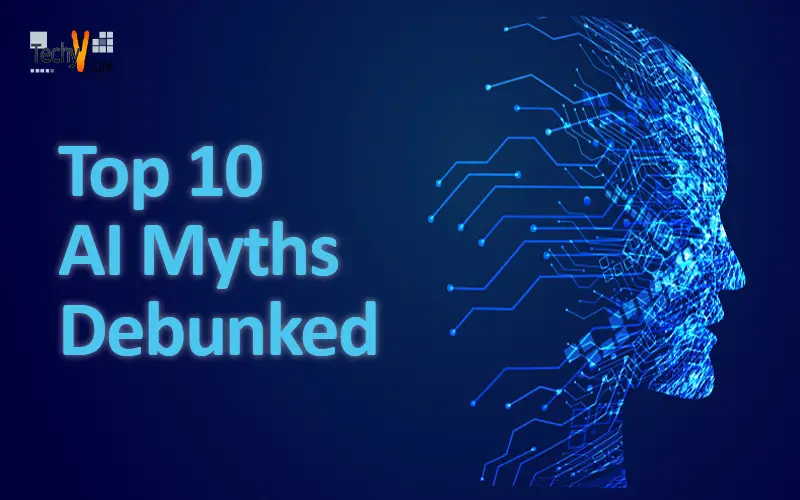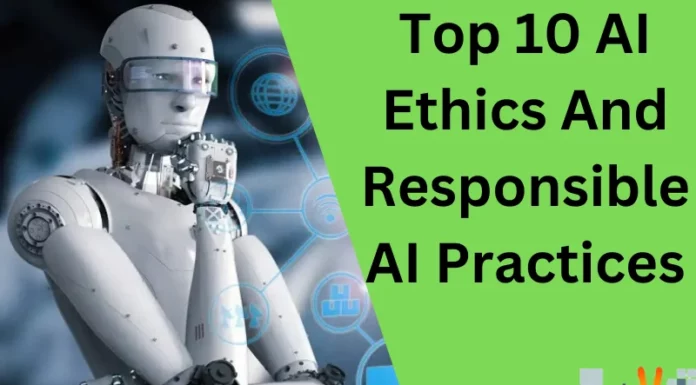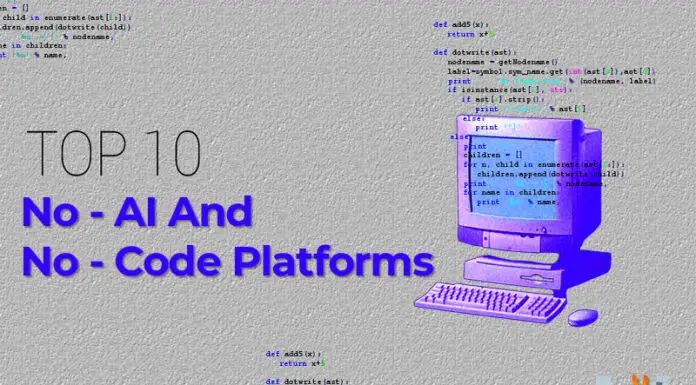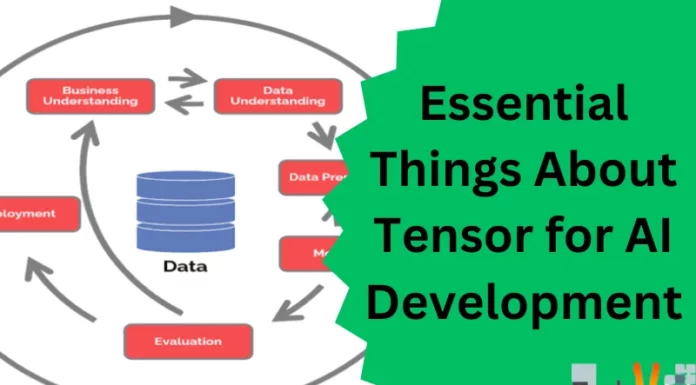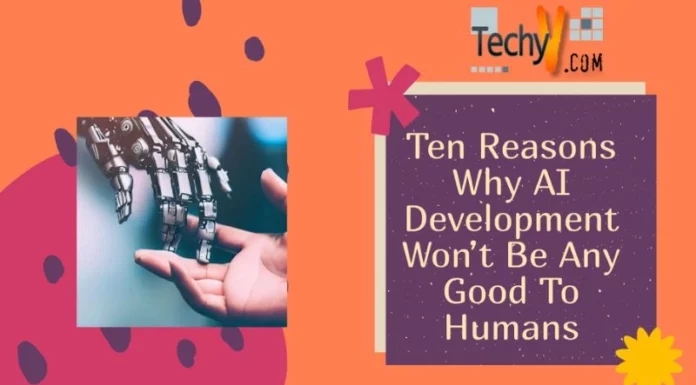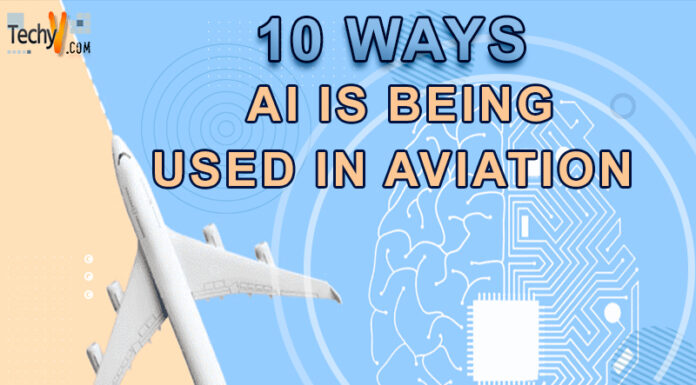It’s crucial to understand the realities underlying the various artificial intelligence (AI) fallacies. Humans invented artificial intelligence (AI), a technology that has several drawbacks. AI can reflect the biases in the data it is taught, disproving the notion that it is always impartial. Although it’s unlikely that AI will completely replace human labour, it’s not always expensive or challenging for novices to utilise. By attempting to dispel these and other misunderstandings, we may gain a better understanding of AI’s potential and how to employ it efficiently and ethically.
1. AI Will Take Over The World
The common belief that AI would rule the world has been influenced by science fiction movies. But, technology based on artificial intelligence is entirely human-made.AI has limitations and can only carry out the duties for which it was created. Additionally, AI requires human assistance to function since it is built to obey particular rules and goals. Concerns exist regarding the moral ramifications of creating AI that is intended to dominate or subjugate humans. AI can improve human potential but never endangers our existence or autonomy; rather, it may be used to improve our quality of life.
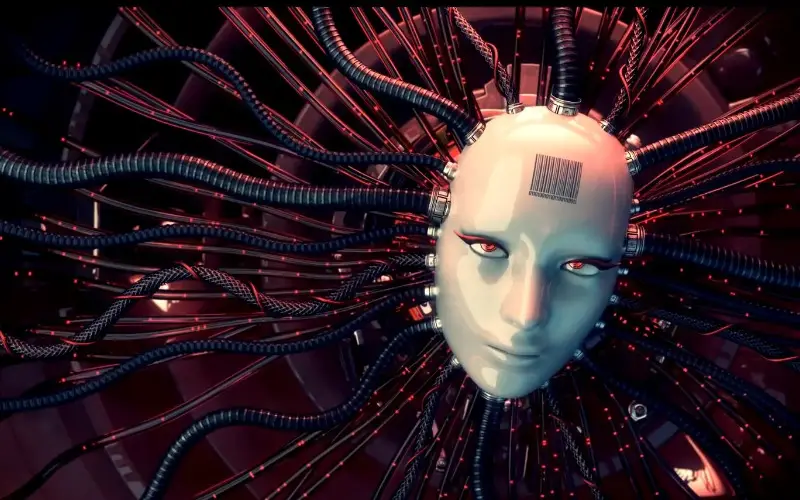
2. AI Is Always Unbiased
It is untrue that AI is always objective. Biased results may result from AI systems reflecting the biases in the data they are trained on. For instance, if an AI system is taught on recruiting records from the past that reveal gender bias, it may reinforce that bias by giving preference to male applicants over female applicants. Moreover, bias in AI systems could exist in subtle ways. Due to bias in the training data, face recognition algorithms, for instance, have a harder time recognising persons with darker skin tones. To resolve these problems and proactively identify and correct bias in AI systems, we need a varied and representative pool of data.
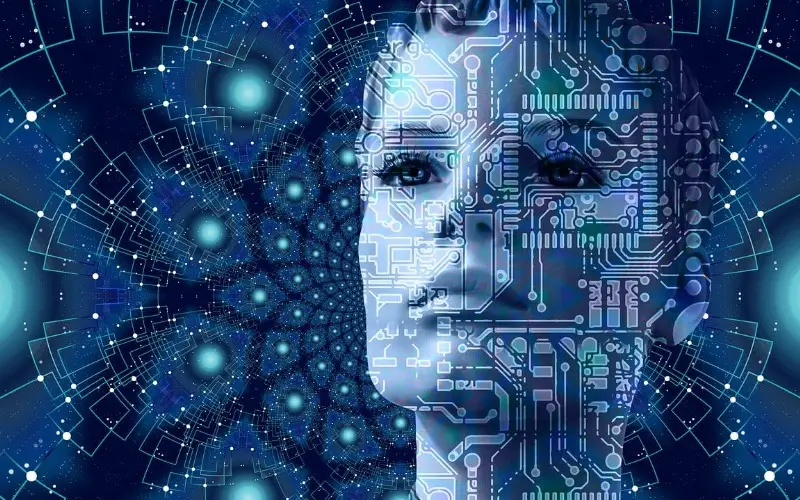
3. AI Will Replace Human Workers
Artificial intelligence (AI) thrives at activities that call for speed and efficiency, such as data processing and repetitive production, whereas humans are better at professions that involve creativity, critical thinking, and emotional intelligence, such as customer service and creative work. Moreover, as AI technology advances, new positions that demand expertise in creating, managing, and utilising AI will appear. Hence, it is more likely that AI will supplement and improve human talents than it will replace human workers, creating workplaces that are more effective and productive.
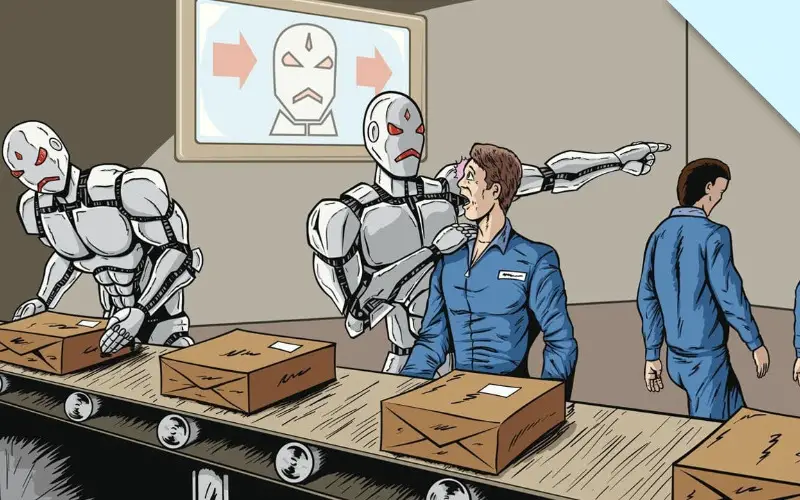
4. AI Is Infallible
The popularity of AI has grown recently. Nonetheless, there are a number of misleading beliefs about AI that give rise to inflated hopes and erroneous assumptions. One of the most widespread misconceptions regarding AI is that it is faultless and has perfect eyesight. Simply said, this is untrue. Because AI systems are only as good as the data they are trained on, if the underlying data is inaccurate or biased, the systems will likewise be biased or deficient in particular facts. AI systems may also make blunders or errors, just like people. While AI may support decision-making, human intuition and experience, which account for elements that are difficult to quantify using algorithms, cannot be replaced. We will be able to use AI more efficiently and prevent having false expectations if we are aware of its limitations and potential shortcomings.
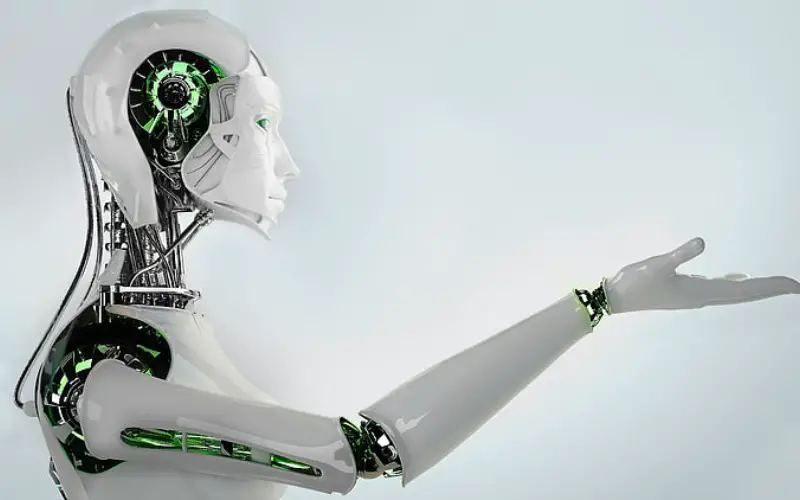
5. AI Is Too Complex For Non-Experts
AI tools and platforms have become user-friendly, disproving the myth that AI is too complex for laypeople to use. Resources are available to help people understand how to use AI effectively, and AI solutions are now created with non-experts in mind. It is simpler for non-experts to train and deploy AI models, for instance, thanks to drag-and-drop interfaces and pre-built AI models. Additionally, AI education programs are becoming more accessible, with courses and tutorials available online. Overcoming the fear and reluctance towards using AI can also help non-experts embrace its potential benefits. These advancements make it easier for non-experts to use and benefit from AI as its complexity decreases.
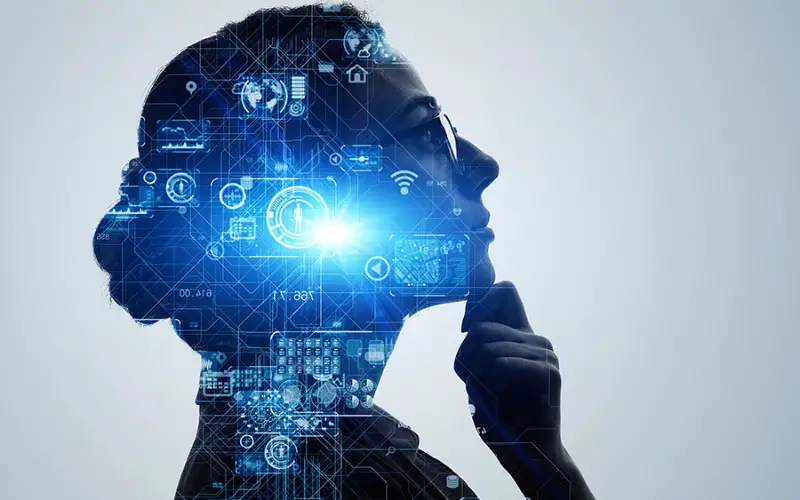
6. AI Is A Silver Bullet
The myth that AI is a silver bullet solution to all problems is prevalent in today’s society. This is absolutely untrue, though. Although AI has numerous beneficial uses and can assist in the resolution of some issues, it is not a universally applicable answer. AI systems are perfect for jobs like speech and image recognition, natural language processing, and predictive analytics because they are built to handle and analyse enormous volumes of data fast and reliably. Unfortunately, there are numerous issues that AI cannot resolve alone and need assistance from and knowledge from humans. A worldwide epidemic or political unrest, for instance, which might have a considerable influence on financial markets, cannot be taken into consideration by AI, despite the fact that it is capable of analysing financial data and forecasting market patterns. In addition, AI cannot replace human empathy and emotional intelligence in fields such as healthcare and education, where personal interaction and understanding are essential. It is critical to understand that AI is a tool with limits just like any other instrument. We must use AI in conjunction with human expertise and judgment to achieve the best possible outcomes.
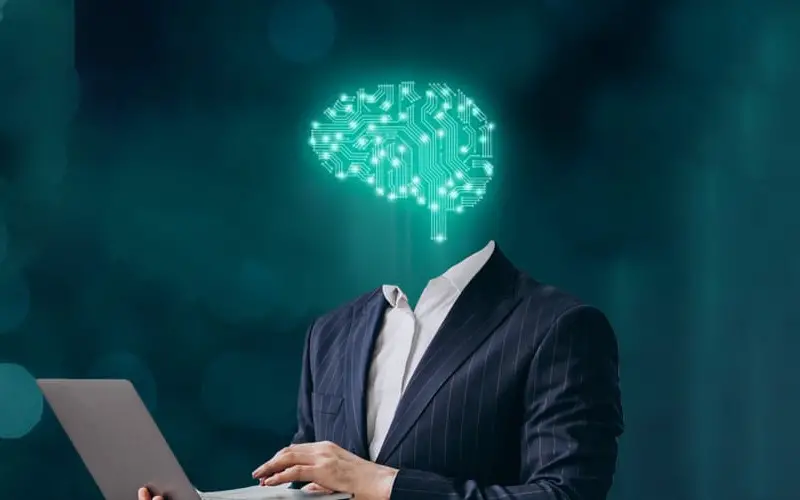
7. AI Is Always Expensive
AI is not necessarily costly, contrary to popular belief. Several of the most costly AI systems have open-source and less-priced counterparts. For instance, cloud-based AI services may be less expensive since they do not require costly infrastructure and hardware. Over time, AI can save expenses by streamlining procedures and increasing efficiency. Also, small and medium-sized organisations may employ pre-trained models and commercial AI tools since they are less expensive than developing unique AI solutions. Depending on the individual use case and implementation technique, the overall cost of AI implementation might change.
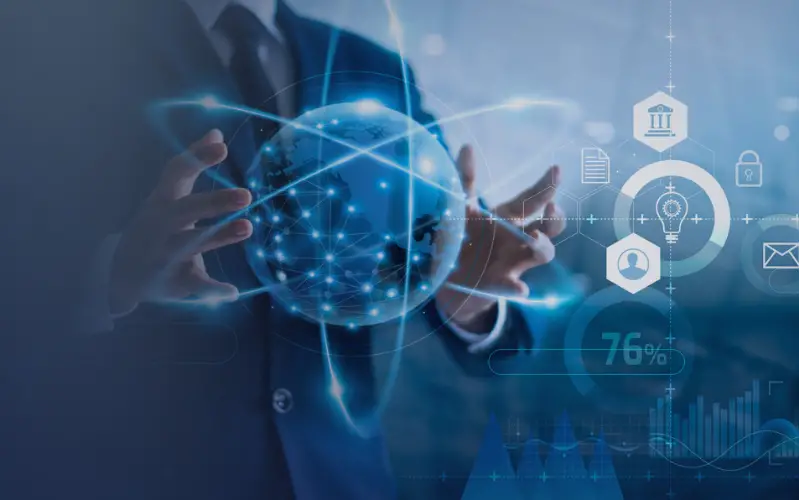
8. AI Is Only For Tech Companies
The myth that AI is only for tech companies is far from the truth. Healthcare, banking, retail, transportation, and many other industries could benefit from the application of AI. Indeed tech companies may currently be the most prominent users of AI. In healthcare, for example, AI is being used for early disease detection, personalized treatment plans, and drug discovery. In finance, AI is used for fraud detection and risk management. Retail companies use AI to analyze consumer behaviour and improve customer experience. The list goes on. AI can be used to improve operations, and customer experience, and gain a competitive edge for businesses and organizations.
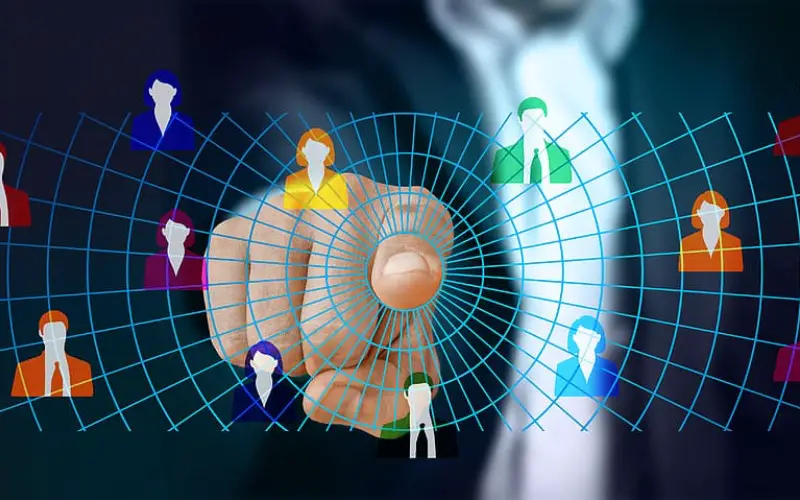
9. AI Is A Threat To Privacy
One of the prevalent misconceptions about AI is that it compromises privacy. In addition to processing personal data, AI can also be used to safeguard privacy. AI algorithms, for instance, can be used to spot suspicious activity patterns in data, warning organizations about possible data breaches. Access control and encryption are two examples of security measures that can be improved with AI. The protection of personal data in AI applications relies on the establishment of privacy laws and regulations. AI can enhance privacy protection rather than endanger it by using responsible data handling practises and putting in place suitable security measures.
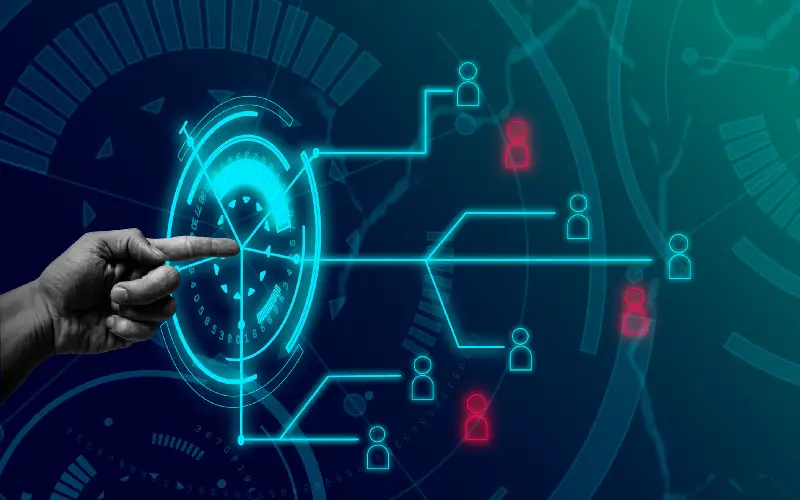
10. AI Is A Threat To Humanity
There is a common misconception that AI violates privacy. AI can protect privacy when handling sensitive personal data. AI systems, for example, may be taught to recognise and prevent data breaches or anonymize data to protect individuals’ privacy. Privacy protection measures like the GDPR limit how personal data is used. As long as technology is developed and used ethically, responsibly, and with the appropriate precautions, AI may increase privacy protections.
